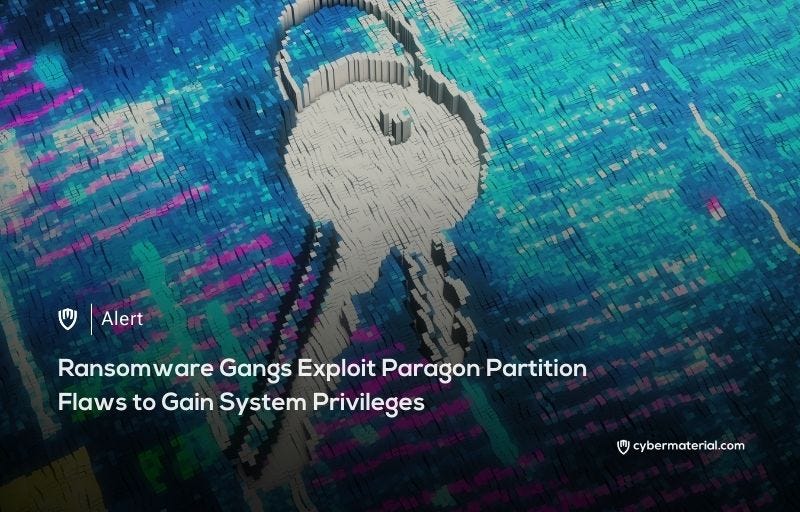
Microsoft has recently discovered five vulnerabilities in the BioNTdrv.sys driver used by Paragon Partition Manager, one of which is actively exploited by ransomware gangs. These vulnerabilities were…

Microsoft has recently discovered five vulnerabilities in the BioNTdrv.sys driver used by Paragon Partition Manager, one of which is actively exploited by ransomware gangs. These vulnerabilities were…